Research Affiliates
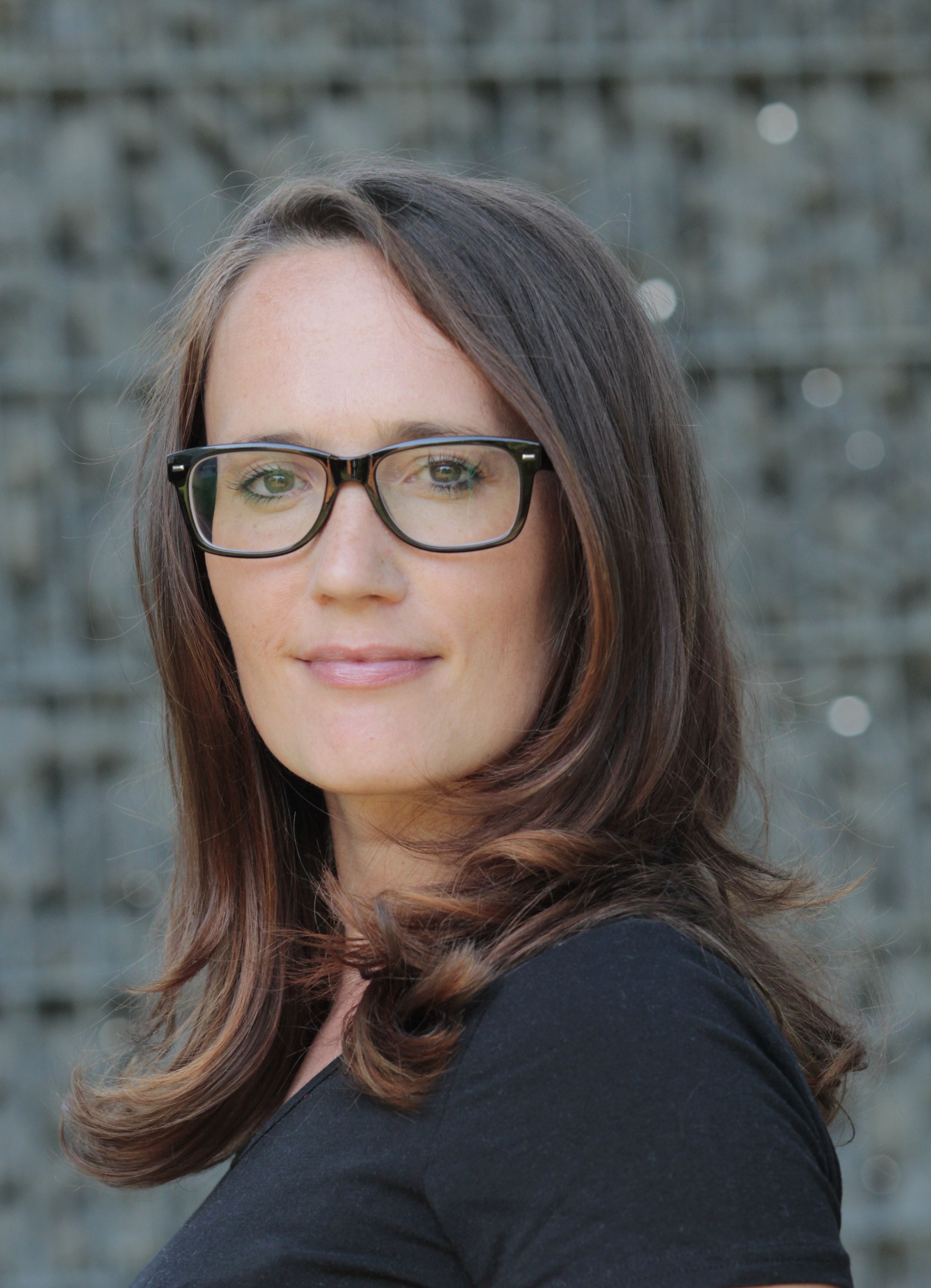
Dr Lydia V. Luncz
I was a Leverhulme Early Career Fellow and joined the Primate Models for Behavioural Evolution Lab at the Institute of Cognitive and Evolutionary Anthropology from May 2017 to May 2020. My research explores the evolution of material
culture in primates. I am using archaeological methods to compare the development of percussive technologies in wild primate species, including bearded capuchin monkeys in Brazil, long-tailed macaques in Thailand and western chimpanzees
in Ivory Coast. My current project aims to identify the earliest human wooden tools, by evaluating universal characteristics of percussive wooden tools and the archaeological evidence they leave in the environment of our closest
living relatives, the chimpanzees. My research takes a comparative approach to further investigate the evolution of technology in humans, our ancestors and non-human primates alike. I accepted a permanent position as a Lise Meitner
Fellow to start my own research group at the Max Planck Institute, Leipzig, where I will be based from May 1 (2020) onwards. I remain a collaborator of the Primate Models for Behavioural Evolution Lab.
You can see more on my page.

Dr Lucy Baehren
Lucy is a Research Affiliate and former student in the Primate Models for Behavioural Evolution Lab, supervised by Dr Susana Carvalho and
Dr Harvey Whitehouse. Her research brought together social anthropology and comparative primatology to address questions of human behavioural evolution and uniqueness. Her DPhil research focused on studying the evolution
of leave-taking across humans and non-human primates, investigating the function of “goodbyes” and whether the phenomenon is unique to Homo sapiens or shows continuity across species.
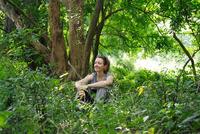
Dr Philippa Hammond
Philippa is a Research Affiliate and former DPhil student in the Primate Models for Behavioural Evolution Lab, supervised by Professor Susana Carvalho and Dr Dora Biro (Zoology Dept.). Philippa's DPhil research investigated
the effects of predation pressure on primate adaptations, with fieldwork in Gorongosa National Park, Mozambique, monitoring the effects of reduced predation pressure on the ranging, sleeping, and social behaviours of baboons
(Papio ursinus). Philppa's research helps further our understanding of predator-prey dynamics that might have significantly impacted the behavioural evolution of Pleistocene hominins. Beyond academia, Philippa
works on novel applications of behavioural science to the improvement of education, financial inclusion, conservation, and policy-making.
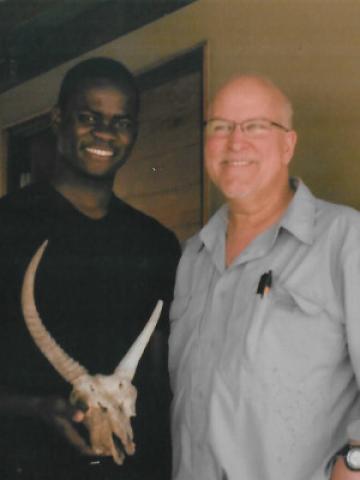
Dr René Bobe
I am a Research Affiliate at the Institute of Cognitive & Evolutionary Anthropology at Oxford, and a professor at the University of Chile. I study the evolution of African mammals and the ecology of early hominins. I have
ongoing projects in Mozambique, Kenya, Ethiopia and Chile.
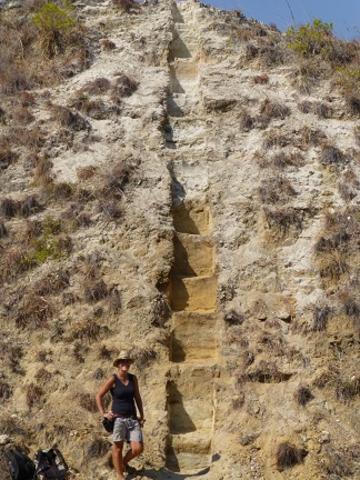
Dr Tina Lüdecke
I am a geochemist based at the Senckenberg Biodiversity and Climate Research Centre in Frankfurt and a Research Affiliate at the Institute of Cognitive & Evolutionary Anthropology at Oxford. I focus my research on the development
of habitats early hominins thrived in with a focus on East African savannas. Currently, I am involved in projects in Tanzania, Malawi, Mozambique, Turkey and Indonesia. In Gorongosa, my studies are based on stable and clumped
isotopes as a tool to reconstruct patterns in the paleoenvironment such as vegetation, rainfall or temperature.
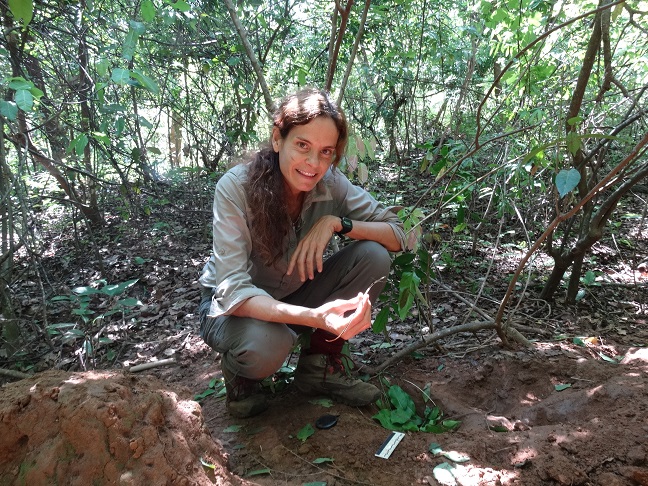
Dr Alejandra Pascual-Garrido
I am a field-based primatologist interested in the evolution, maintenance, and population-specific variation of plant-based material cultures among wild chimpanzees. While also observing chimpanzees directly, I use archaeological
methods to reconstruct past behaviour from localities where tools were previously employed – via markers on source plants, abandoned implements or tool use sites. In September 2021, I joined the Anthropology Department
of Durham University as a Lecturer in Evolutionary Anthropology. I held a postdoctoral position at the Primate Models for Behavioural Evolution Lab between April 2020 and May 2021, and I remain a research affiliate at the
Institute of Human Sciences, University of Oxford, where I work together with members of the Primate Models for Behavioural Evolution Lab. My current project, funded by The Leakey Foundation, investigates the archaeological
signatures of plant-based tools used by wild chimpanzees living in west Tanzania. Such ‘archaeology of the perishable’ may allow us to make important inferences about early humans. Currently, our perception of the evolutionary
trajectories of human material culture is heavily skewed towards lithic technology – because stones are more durable, but also, because we know little about archaeological signatures that plant-based artefacts may leave
in the environment.
Email: alejandra.pascual-garrido@anthro.ox.ac.uk
ORCID: 0000-0002-1903-6236
Twitter: @RunnerApe
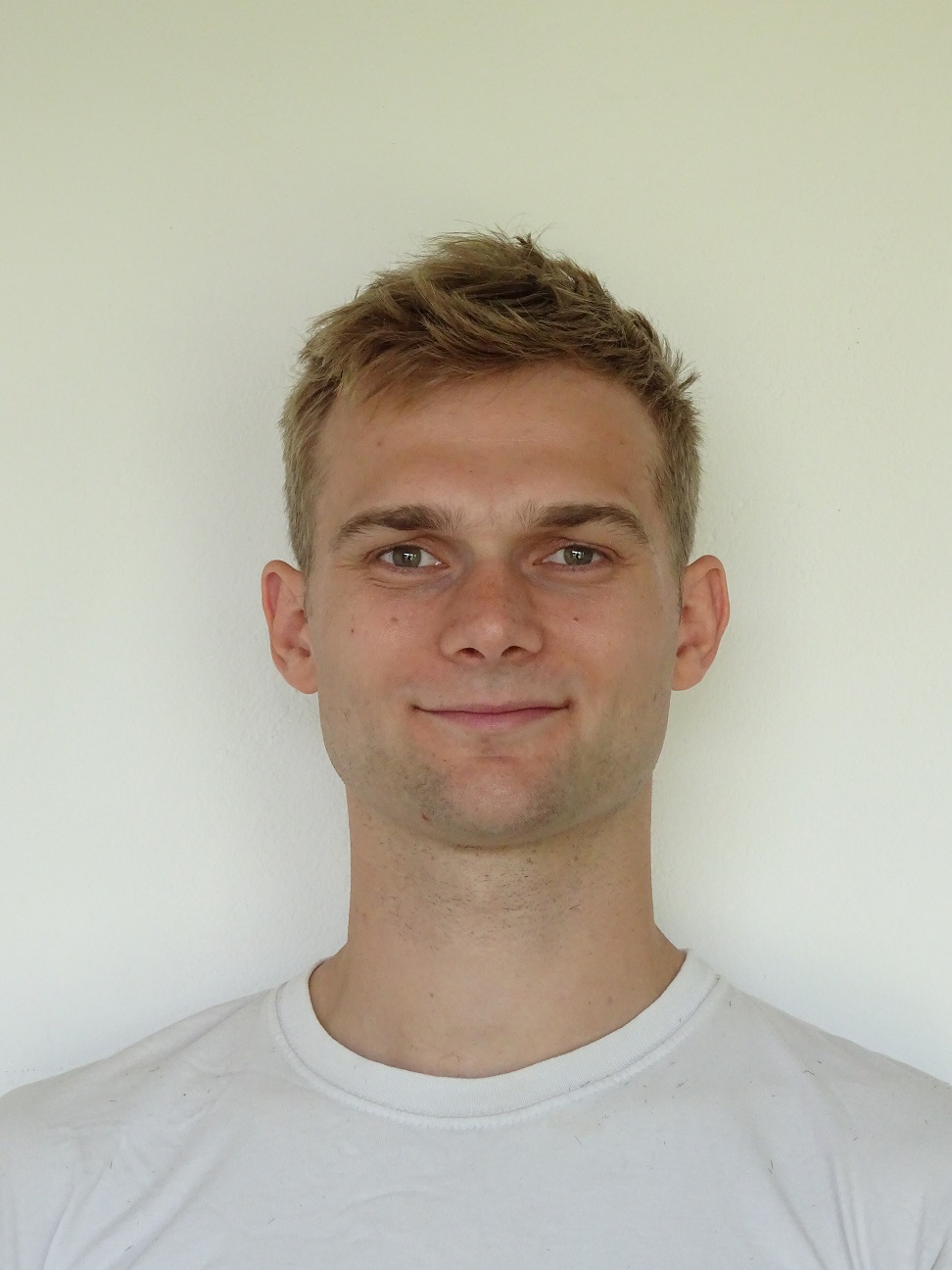
Dr Daniel Schofield
I am a Research Affiliate and former student with the Primate Models for Behavioural Evolution lab, supervised by Prof. Susana Carvalho (Anthropology) and Prof. Dora Biro (Zoology).
For my PhD I was funded by a Clarendon Scholarship and pioneered a computational framework for analysing long-term video datasets for wild primates, applying Visual AI to analyse social networks of chimpanzees from Bossou,
Guinea, in collaboration with Oxford’s Visual Geometry Group (VGG) and Kyoto University’s Primate Research Institute, Japan.
Contact details: daniel.schofield@anthro.ox.ac.uk, daniel.schofield@eng.ox.ac.uk, dan@scho.ai




